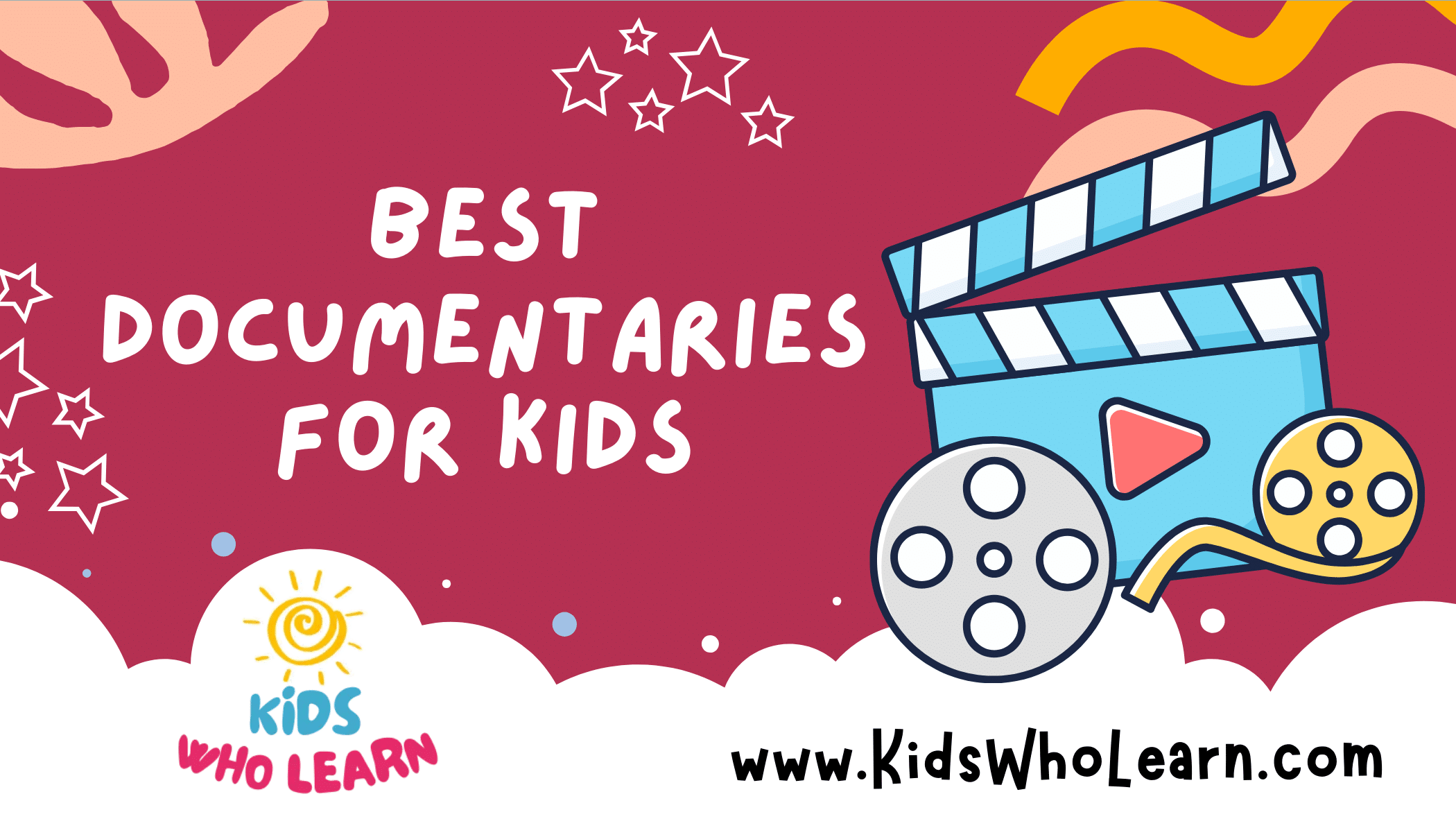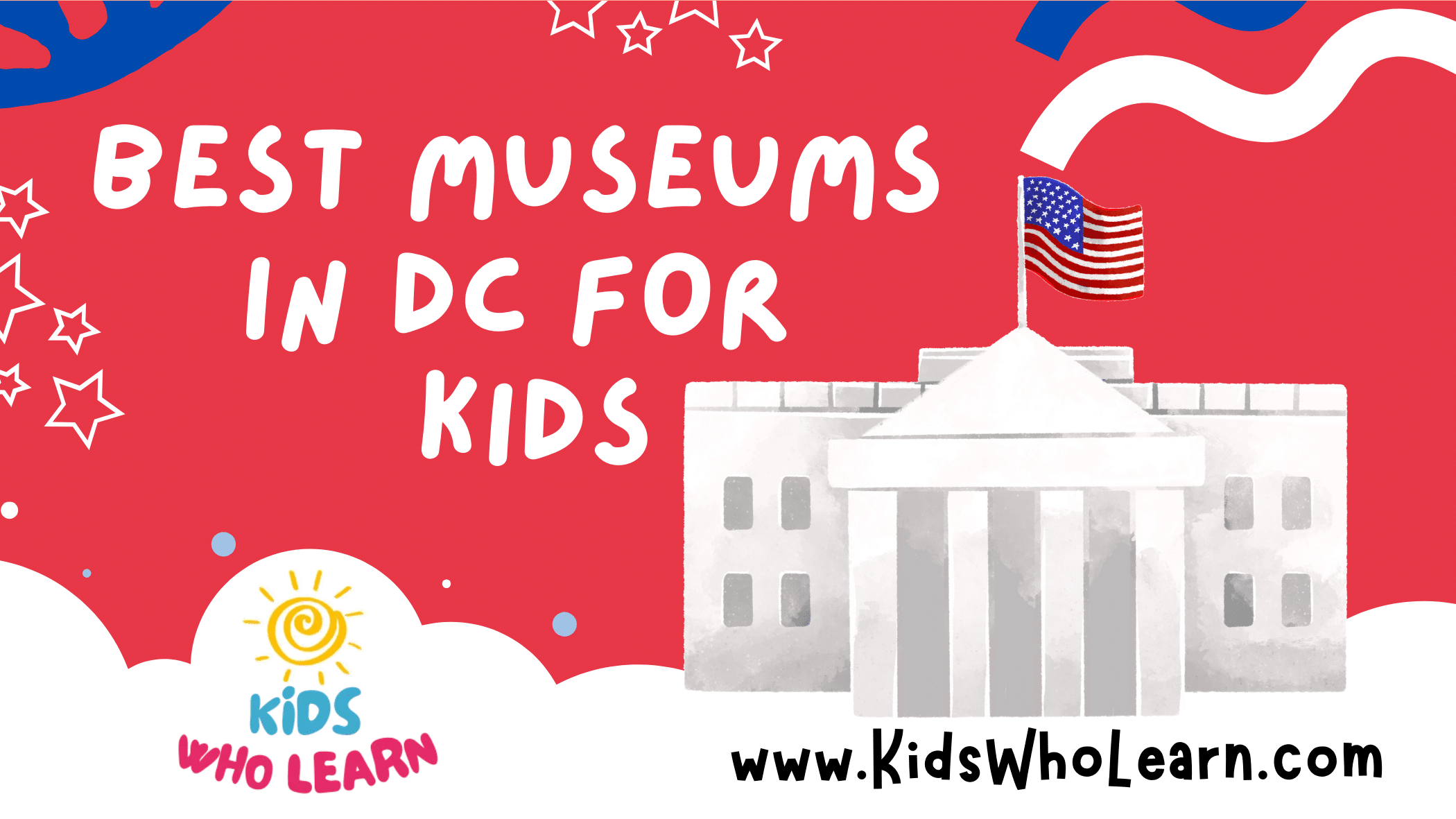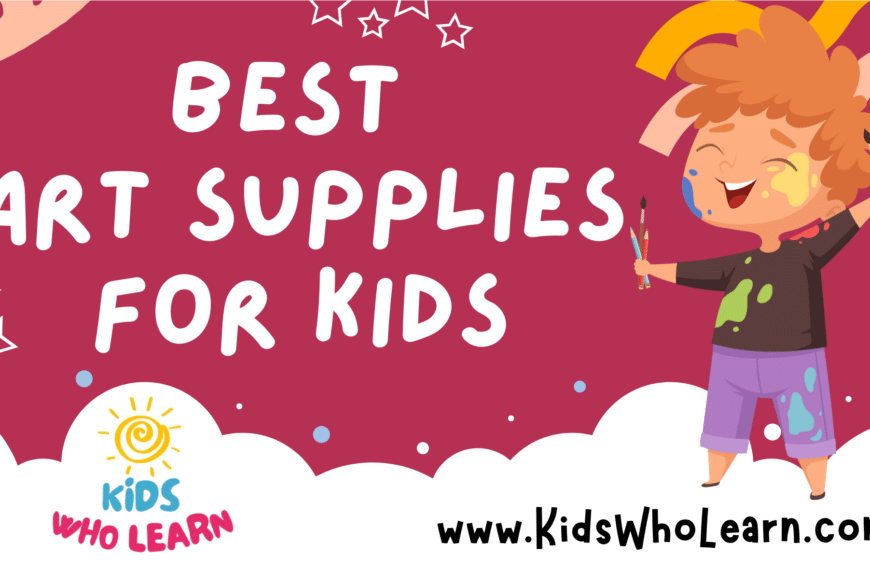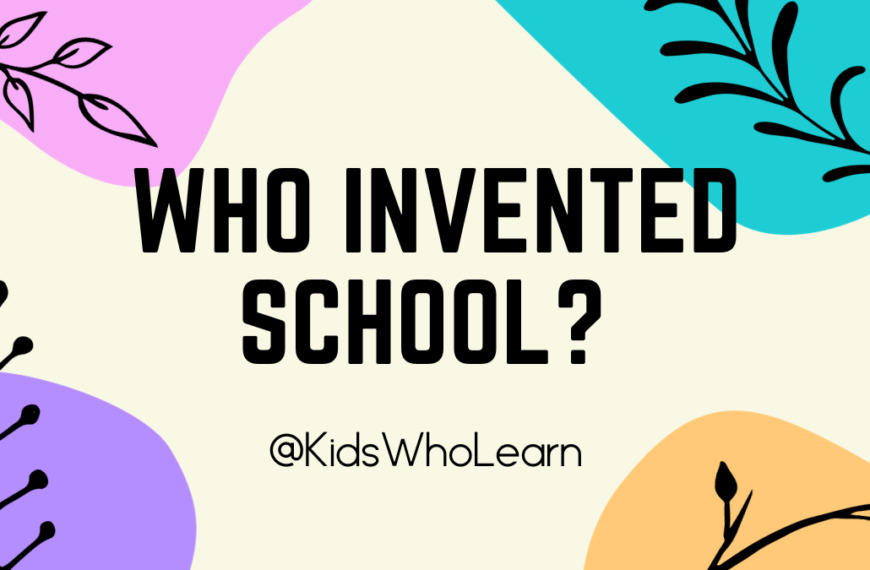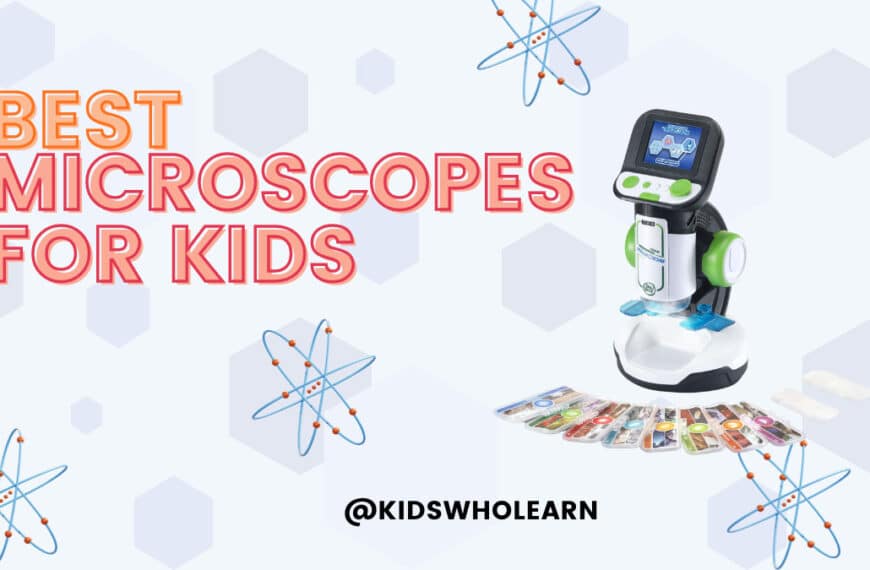Documentaries offer a unique way to explore the world for viewers of all ages, but they can be especially impactful for kids. Through vivid storytelling and factual exposition, documentaries can open young minds to new ideas, cultures, and environments. They provide a dynamic supplement to traditional education, covering a broad range of subjects from wildlife and history to science and the arts.
Finding the right documentary for children is crucial. It should be engaging, age-appropriate, and informative, effectively balancing entertainment with educational value. As parents and educators seek out these films, they are increasingly turning to streaming platforms that offer a vast selection of family-friendly options. Convenient access to these resources makes it easier than ever to incorporate documentaries into children’s learning experiences at home or in educational settings.
Access to documentaries has been expanded by streaming services, allowing kids to explore a wider variety of topics. Furthermore, these films can spark discussions, encourage critical thinking, and foster a sense of curiosity in young viewers. Watching documentaries can be a shared activity, prompting family discussions and further research, thus extending learning beyond just the screen time.
Key Takeaways
- Documentaries are a potent educational tool for kids, exposing them to real-world issues and ideas.
- Selecting appropriate documentaries can enhance children’s learning and entertain them simultaneously.
- Streaming platforms have made diverse documentary films more accessible, promoting learning beyond traditional methods.
The Importance of Documentaries for Kids
When selecting educational content for children, documentaries offer an unparalleled wealth of knowledge. By introducing age-appropriate documentaries to your family, you open a window for kids to explore the world beyond their immediate surroundings.
Expanding Knowledge: Documentaries provide a factual basis for children to learn about various subjects, from natural history to science and culture. Watching these films can significantly expand a child’s understanding and satisfy their natural curiosity.
Nurturing Critical Thinking: One of the greatest advantages of exposing kids to documentaries is the development of critical thinking skills. These films often present real-world scenarios and complexities, prompting young viewers to ask questions and analyse what they have seen.
Family Viewing: Documentaries can serve as a powerful tool for family bonding. Families watching together can discuss the content, fostering valuable conversations and shared learning experiences.
- Educational Impact: Schools often use documentaries to support and supplement classroom teaching, offering a dynamic way to reinforce lessons on a wide range of topics.
Guiding Age-Appropriate Choices: It’s crucial to select documentaries that are suitable for children’s maturity levels. Tailoring content to their age ensures they are engaged and can comprehend the material.
By including documentaries in your home’s viewing habits, you provide an informative and enriching educational resource. Not only do they entertain, but they also ignite a sense of curiosity and a desire for knowledge that can last a lifetime.
Choosing the Right Documentary
Selecting documentaries for children requires consideration of their age, interests, and the balance between educational content and entertainment value.
By Age and Interest
- Preschool (Ages 2-4):
- Focus on bright colors, simple concepts, and engaging characters.
- Example: “The Magic School Bus” explores science through exciting adventures.
- School-age (Ages 5-12):
- Look for documentaries that dive into nature, animals, and cultures.
- Series like “Our Planet” offer stunning visuals that captivate and educate.
For Educational Purposes
- Science: Opt for documentaries that cover nature and its phenomena, like “Blue Planet”, to foster a love for the environment.
- History and Cultures: Choose films that provide a look into different civilizations, such as “Walking with Cavemen”, to broaden their historical understanding.
For Entertainment
- While aiming for fun, prioritize documentaries that are also inspiring and affecting.
- Picks such as “March of the Penguins” combine awe-inspiring storytelling with valuable lessons on wildlife.
Top Educational Documentaries for Kids
Educational documentaries are an excellent way for children to explore the world from the comfort of home. They’re engaging, informative, and often provide a window into aspects of nature, science, and culture that textbooks alone cannot capture.
Nature and Animals
“March of the Penguins” captures the incredible journey of emperor penguins in Antartica. Narrated by Morgan Freeman, it provides an intimate look at these fascinating birds’ lifecycle.
Our Planet is a Netflix series that showcases Earth’s natural beauty and examines how climate change impacts all living creatures. The “Coastal Seas” episode gives a breathtaking view of the undersea world.
Science and Technology
The documentary “Apollo 11“ invites you into the heart of NASA’s most famous mission—the lunar landing. Real footage and audio recordings offer you a unique, detailed view of this historic event.
From National Geographic, “Jane” offers an inspiring look at Jane Goodall’s trailblazing work with chimpanzees. Utilizing never-before-seen footage, this film provides a compelling narrative of her scientific endeavor and passion for animal behavior.
History and Culture
Ken Burns’s documentary series bring American history to life. His series on the National Parks (“America’s Best Idea”) not only delves into the beauty of these natural landscapes but also touches on the various cultures that have shaped the history of the American wilderness.
Food, Inc. examines the food industry in the United States, offering insight into what you eat and where it comes from. It’s a thought-provoking film that reveals the impact of food choices on health and the environment.
Inspiring Stories to Change the World
In this collection of documentaries, you’ll find powerful narratives that not only inform but also foster empathy and motivate action towards global and social change.
Biographies
- He Named Me Malala
- Story of Malala Yousafzai: A stirring account of the young Nobel laureate who advocates for gender equality and education, sparking discussions and inspiring change across the globe.
Environmental Issues
- Jane
- Life of Jane Goodall: Experience the pioneering work of Dr. Jane Goodall with chimpanzees, which has reshaped our understanding of the natural world and our impact on it.
- Planet Earth
- Exploring our Planet: Witness the breathtaking diversity of Earth’s ecosystems and understand the urgent need for environmental stewardship to combat climate change.
Social and Global Issues
- Issues Affecting Life on Earth
Topic Documentary Insights Hunger Stories revealing the complex causes of global hunger and efforts to ensure food security for all. Immigration Reform A look at the challenges and triumphs faced by individuals in the landscape of immigration, emphasizing the pressing need for empathetic reform. Pollinators Revealing the critical role of pollinators in our ecosystem and the impending threats their populations face.
Documentaries covering these topics invite deep reflection and lively discussion, empowering you to connect with movements that strive for a just and sustainable world.
Family-Friendly Documentary Features
When selecting documentaries for family viewing, it’s essential to choose films that are both educational and entertaining. These documentaries blend stunning visuals with enlightening information, suitable for all ages.
Wildlife and Ecology
You’ll find Our Planet and Planet Earth to be breathtaking series that showcase the beauty of nature and the diversity of animals on Earth. These films, through rich storytelling and stunning cinematography, bring you closer to the wonders of our world.
- Dolphin Reef: Discover the intricate social network of dolphins.
- Elephant: Follow an extraordinary journey of an elephant family.
- Our Planet
Episode Focus One Planet Showcases the planet’s breathtaking landscapes Frozen Worlds Explores the inhabitants of the earth’s polar ends
Adventure and Exploration
The Biggest Little Farm chronicles the successes and challenges of a couple building a sustainable farm, revealing the resilience and wonders of nature. For younger viewers, Dinosaur adventures capture the imagination, combining education with the thrill of prehistoric discovery.
Art and Creativity
Maya Angelou: And Still I Rise pays tribute to the iconic poet and writer, providing a powerful educational experience that touches on creativity, the power of words, and social history.
- Salt Fat Acid Heat dives into the fundamental elements of good cooking, with each episode exploring a different aspect. It’s both a visual feast and a learning opportunity for budding chefs and food lovers.
Streaming Services and Accessibility
When selecting documentaries for kids, the accessibility offered by various streaming services plays a crucial role. These platforms provide a diverse range of educational content that can align with your summer plans to manage screen time effectively.
Netflix Documentaries
Netflix offers a rich library of nature documentaries perfect for young viewers. Our Planet is a notable series that showcases Earth’s natural beauty and highlights the importance of conservation, making it an excellent choice for a summer watch. Moreover, Netflix regularly updates its catalog with documentaries about astronauts and space exploration, sparking curiosity about the universe among young minds.
- Key Categories:
- Nature: For example, “Dancing with the Birds”
- Space: Such as “Astronauts: A Year in Space”
Amazon Prime Video
Your Prime membership gives you access to a collection of kid-friendly documentaries on Amazon Prime Video. From detailed examinations of animal life to inspiring tales of human achievement, these films can both educate and entertain. Furthermore, Amazon Prime’s interface allows you to monitor what your kids watch, helping you keep their screen time in check.
- Screen Time Management:
- Parental Controls: Enable restrictions for children’s profiles.
Hulu and Disney+
Two prominent services, Hulu and Disney+, offer a wealth of documentaries suitable for children. Hulu is known for its varying content, featuring documentaries covering wildlife and scientific subjects. Disney+, on the other hand, excels with its treasure trove of Disney Nature documentaries and behind-the-scenes looks at theme parks, ideal for a family movie night during summer vacations.
- Highlighted Picks:
- Disney+: “Elephant,” “Dolphin Reef”
- Hulu: “The Secret of the King Cobra”
Engagement and Learning Beyond the Screen
After watching educational documentaries, the real magic happens when you bridge the gap between viewing and doing. High-quality documentaries not only provide knowledge but also provoke discussions and inspire further exploration in kids.
Discussion Guides and Educational Resources
Comprehensive guides and resources are essential for you to discuss and reflect on the films’ content with your kids. For example:
- Nature Documentaries: Obtain discussion questions about wildlife conservation after viewing a documentary on rainforests to help your kids connect with environmental issues.
- Science Documentaries: Access experiment guides that relate to the scientific principles shown in the film for hands-on learning experiences.
Interactive and Supplementary Activities
Engaging your kids in activities related to documentary content takes learning further and helps solidify understanding. Consider:
- Interactive Quizzes: Test your family’s recall of fun facts from a film about space exploration with an online quiz.
- Visual Storytelling Projects: Encourage kids to create their own mini-documentaries on local cultures or family history to nurture empathy and a passion for storytelling.
Documentary Reviews and Recommendations
When you’re selecting documentaries for kids, consider offerings that are both educational and engaging. To assist in your choice, here’s a curated list of top picks.
March of the Penguins (Nature)
- Enjoyment Factor: Penguins’ life cycle made appealing for kids.
- Recommended Age: 6+
- Brief Review: This film offers an intimate look at the arduous life of Emperor penguins. Narrated by Morgan Freeman, its real-life drama and picturesque Antarctic backdrop make it compelling.
The Magic School Bus (Science)
- Enjoyment Factor: Fun and whimsical educational journey.
- Recommended Age: 4+
- Brief Review: Although partly animated, this series presents science concepts in a digestible format, guided by the quirky Ms. Frizzle and her classroom of kids.
Cosmos: A Spacetime Odyssey (Science/History)
- Enjoyment Factor: Visually stunning journey through space and time.
- Recommended Age: 9+
- Brief Review: Hosted by Neil deGrasse Tyson, this series is a modern continuation of Carl Sagan’s groundbreaking work, blending history, science, and inspirational tales of the cosmos.
Night on Earth (Nature)
- Enjoyment Factor: A revelation of nocturnal wildlife.
- Recommended Age: 7+
- Brief Review: Using cutting-edge technology, this series reveals the hidden lives of animals after dark, showcasing the wonders of nature from a different perspective.
He Named Me Malala (People/Cultures)
- Enjoyment Factor: Story of courage and determination.
- Recommended Age: 10+
- Brief Review: This documentary tells the story of Malala Yousafzai, a young Pakistani girl who stood up for education and was targeted by the Taliban. Her inspiring journey is one of hope and resilience.
Each recommendation is evaluated for its entertainment value and educational content, ensuring that your viewing experience is both informative and enjoyable. Whether diving into the secrets of the universe or exploring the wonders of the natural world, these films promise to open a window onto the diversity of stories around us.
Promoting Critical Thinking and Curiosity
Documentaries crafted for children are perfect tools for sparking curiosity and honing critical thinking skills. Your young ones can start this intellectual journey by exploring the wonders of nature and science, which are richly presented in series like Planet Earth and Planet Earth II.
The intricate lives of creatures like birds, bees, butterflies, and even bats are unveiled in these educational documentaries. As children observe these animals within their natural habitats, they’re encouraged to ask questions: how do these creatures interact with their environment? What roles do they play in the ecosystems of their country?
| Documentary | Focus Area |
|---|---|
| Planet Earth | Global ecosystems and wildlife |
| Planet Earth II | In-depth exploration of habitats |
| Jane | The life of primatologist Jane Goodall |
Jane, another inspiring documentary, provides insight into the work and passion of Jane Goodall. Her lifelong devotion to chimpanzees fosters a deep appreciation for wildlife and the importance of conservation efforts. It demonstrates how one individual’s curiosity can lead to profound discoveries and change our perspective of life on our planet.
While watching these documentaries, prompt your child to consider the why and how behind what they’re seeing. This practice helps develop their critical thinking skills as they learn to analyze information, identify patterns, and critique findings. Educational documentaries are more than just entertainment; they are stepping stones to a lifetime of intelligent inquiry.
Frequently Asked Questions
In this section, you’ll find answers to common queries about the best educational and family-friendly documentaries for different age groups, including the platforms where they can be accessed.
What educational documentaries are recommended for toddlers?
For toddlers, “Sesame Street: The Cookie Thief” and “Little Pim” series offer valuable lessons in language and cultures. These documentaries use bright imagery and simple concepts that are perfect for young learners.
Which documentaries are appropriate and engaging for teenagers?
Teenagers would find documentaries like “He Named Me Malala” and “The Mars Generation” both engaging and educational. These films cover important topics such as human rights and space exploration.
What are some family-friendly documentaries available on Netflix?
Netflix offers a variety of family-friendly documentaries, including “Our Planet” and “Dancing with the Birds,” which showcase the beauty and diversity of life on Earth through stunning visuals.
Can you suggest kid-friendly documentaries that are currently on Disney Plus?
On Disney Plus, documentaries like “Dolphin Reef” and “The Imagineering Story” allow children to marvel at the wonders of the natural world and gain insight into the creativity behind Disney theme parks.
What are some compelling educational documentaries for children on Amazon Prime?
“Super Why” and “Tumble Leaf” on Amazon Prime provide interactive educational content that encourages problem-solving and creativity in children.
Why are documentaries considered beneficial for children’s learning and development?
Documentaries are beneficial for children’s learning because they introduce real-world topics, often fostering curiosity and critical thinking. Watching these can inspire a greater understanding and appreciation of the world around them.

